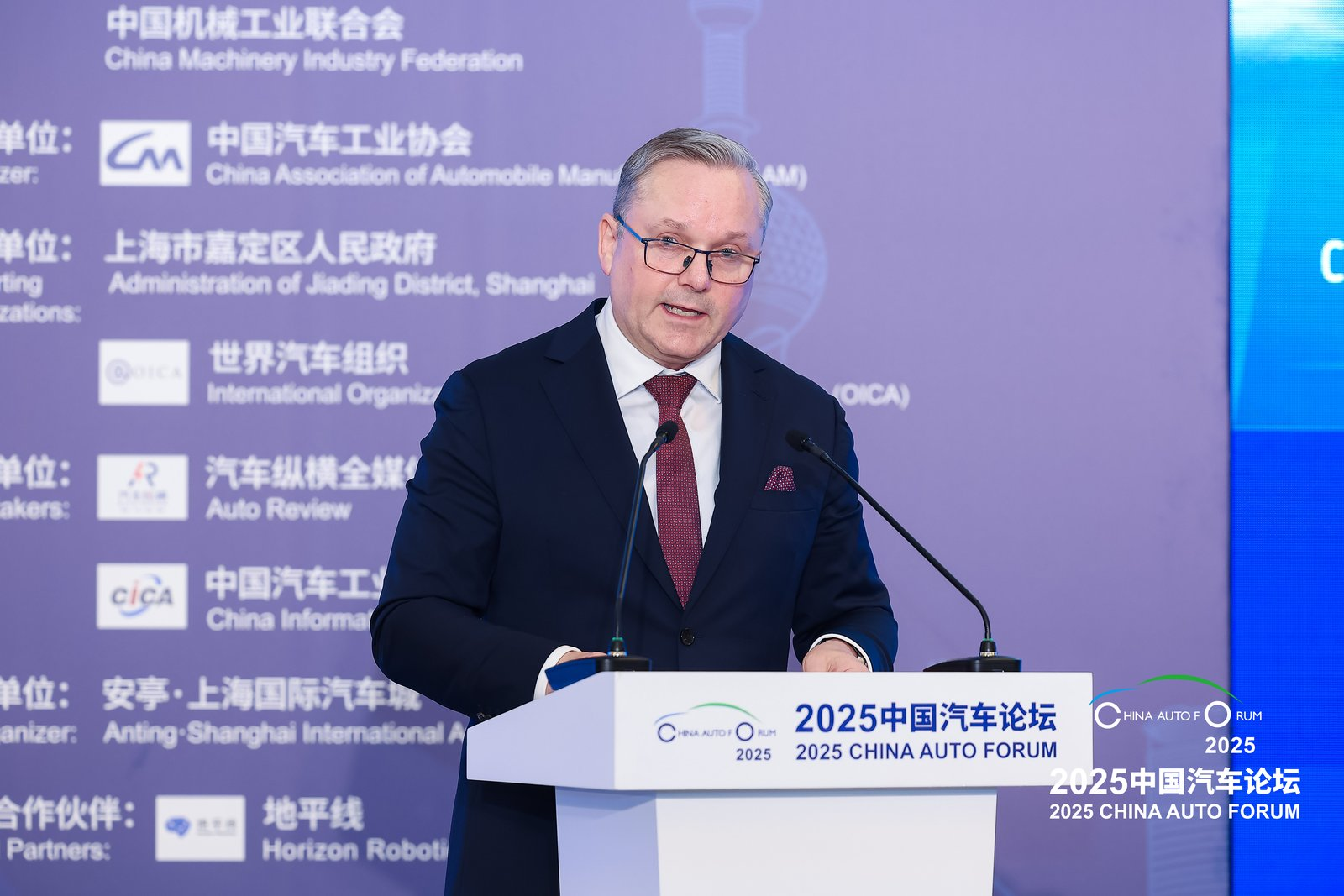On July 11, at the 2025 China Automotive Forum, Sean Green, President and CEO of BMW Group Greater China, expressed critical insights regarding the severe competition within the automotive industry, which he referred to as a 'stumbling block' hindering healthy development. The ongoing price wars have significantly diminished industry profitability, and without effective solutions, this could lead to compromises in quality and stifled innovation, ultimately obstructing sustainable development. Green noted that the automotive industry is entering a transformative period characterized by both challenges and opportunities. The rapid advancements in electrification and intelligent connectivity technologies are pushing the industry into new innovative realms, creating new opportunities for high-quality development. However, there are also a series of structural challenges that pose risks and uncertainties for future industry growth. These challenges are global in nature and transcend national borders, necessitating collaborative efforts from all parties worldwide. As a multinational automotive manufacturer rooted in China, BMW firmly believes that innovation and collaboration are the key to unlocking resilience and sustainable development in the automotive industry. Regarding globalization, Green stated that we have entered a new phase of cooperation and conflict. In this phase, it is essential to promote free trade while ensuring supply chain resilience, with both aspects complementing each other in building a new industrial model that emphasizes both efficiency and security. He emphasized BMW's commitment to building a communication bridge between Europe, particularly Germany, and China. BMW Chairman Oliver Zipse has consistently advocated for open markets and multilateralism. In recent communications, BMW has reiterated its opposition to unilateral tariff measures, including the EU Commission's imposition of anti-subsidy taxes on Chinese electric vehicles. BMW believes that the foundation for long-term prosperity in the automotive industry lies in fair competition based on rules, rather than protectionism. In the supply chain domain, BMW actively promotes 'two-way' localization. On one hand, it encourages global suppliers to localize production in China, establishing a robust supply chain system; on the other hand, it nurtures Chinese suppliers to enhance their roles in domestic supply chains while also promoting their overseas investments, making them an indispensable part of the global supply chain. Regarding technological development, Green remarked that various technological pathways are competing within a vibrant ecosystem. While policy frameworks can guide and accelerate technological advancement, market forces ultimately play a decisive role. With the market share of electric vehicles exceeding half, he advocates for a shift in technological development from being policy-driven to market-driven, allowing the market to play a more concrete and critical role in determining technological progress. Furthermore, Green encourages increased collaboration between Chinese and foreign enterprises to jointly explore technological pathways, leveraging complementary advantages to drive collaborative innovation and transformative breakthroughs. For instance, BMW is collaborating with Chinese partners such as CATL, Eve Energy, and Envision on the sixth-generation battery for its new generation models; at the same time, BMW is also actively working with leading Chinese innovators like Huawei, Alibaba, Tencent, and Deepseek to tailor smart cockpit solutions based on the preferences and needs of Chinese consumers.
BMW's CEO Highlights Challenges and Opportunities in the Automotive Industry at China Forum

Share this post on: